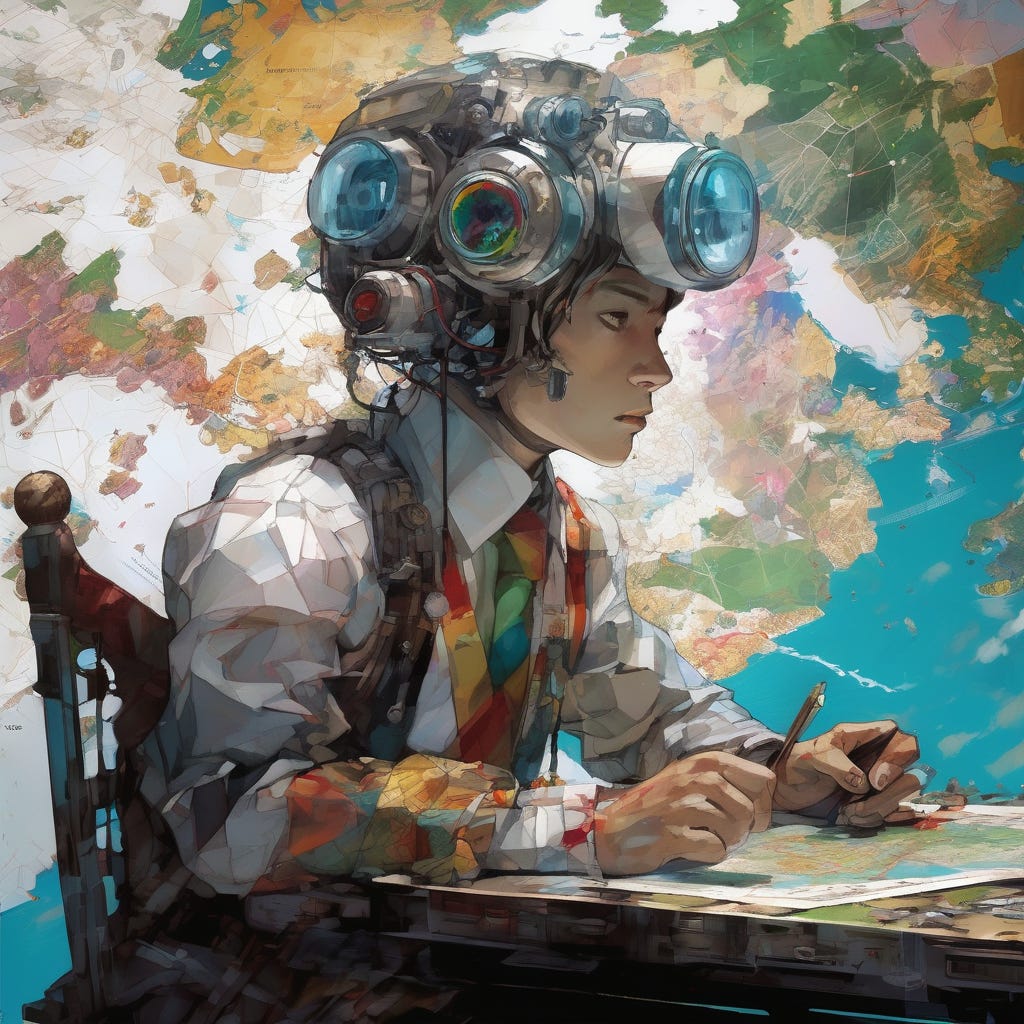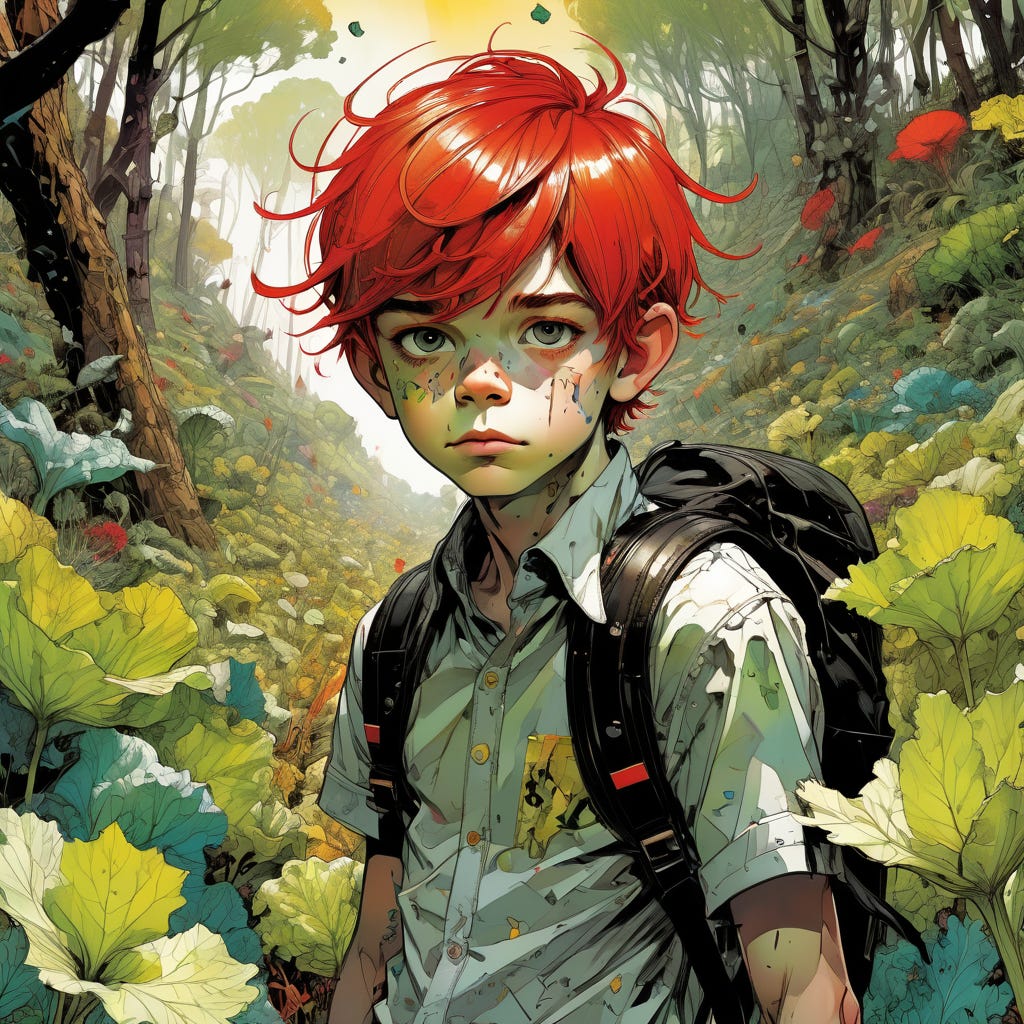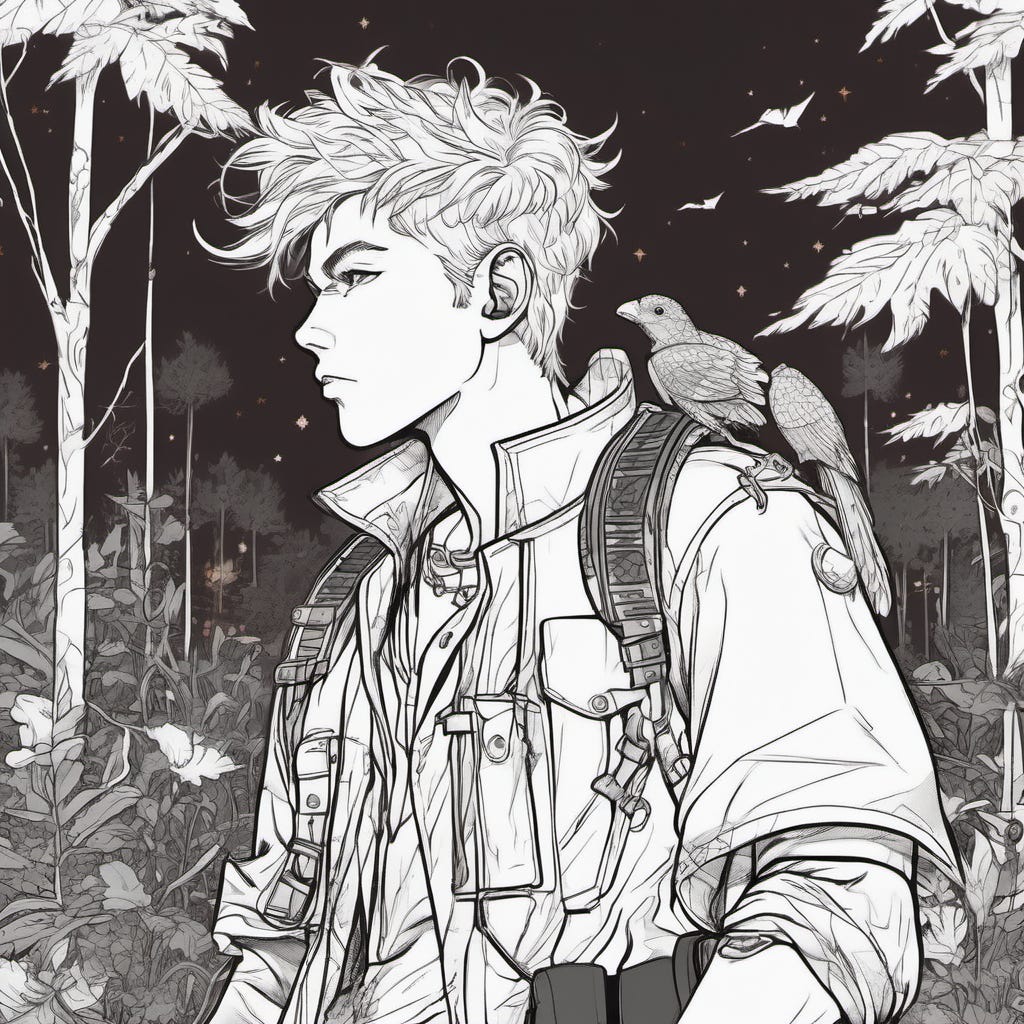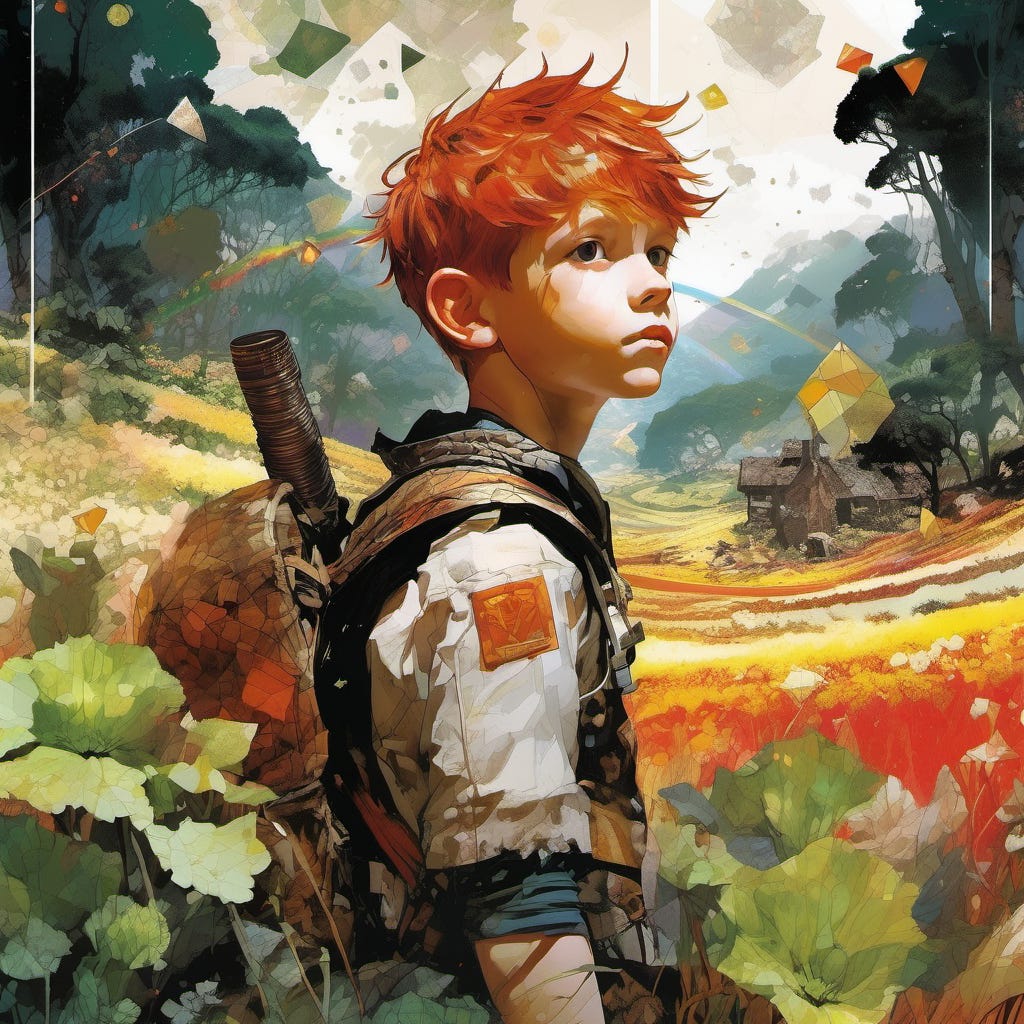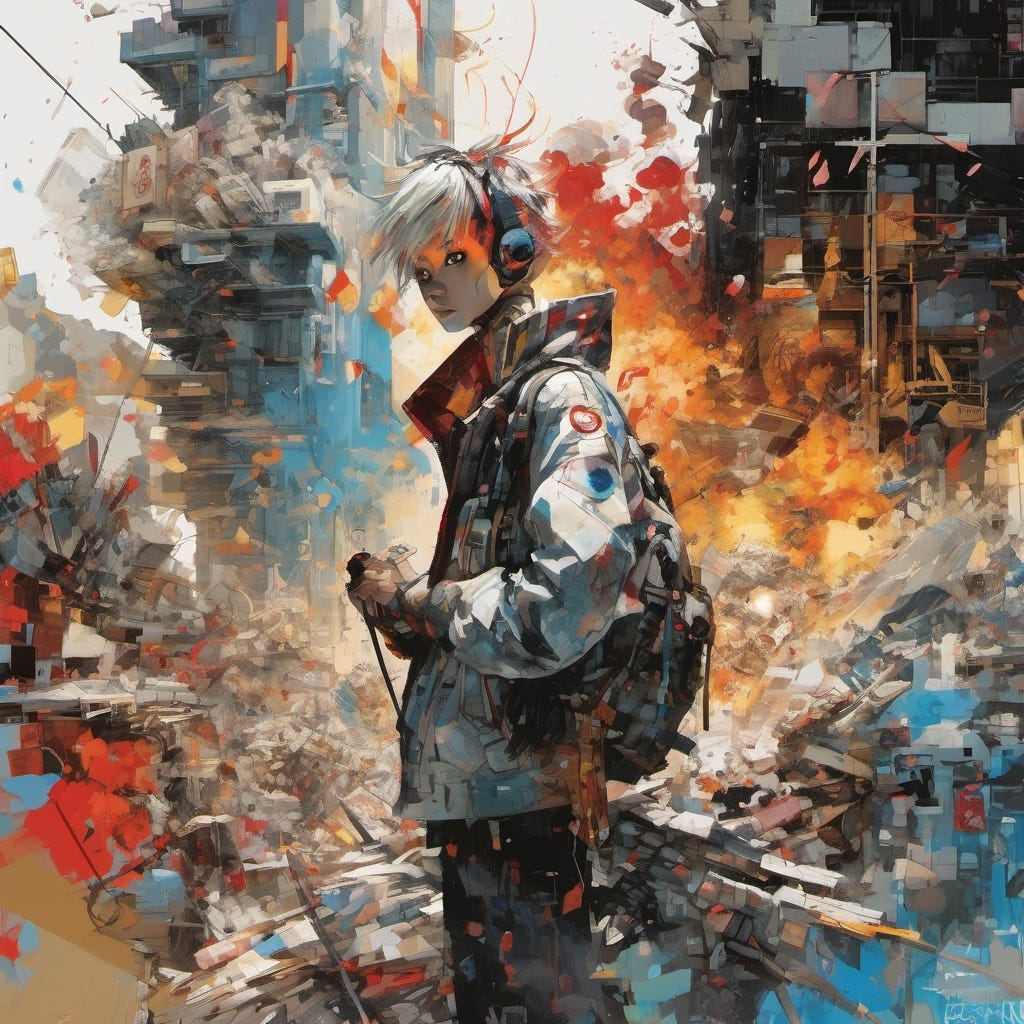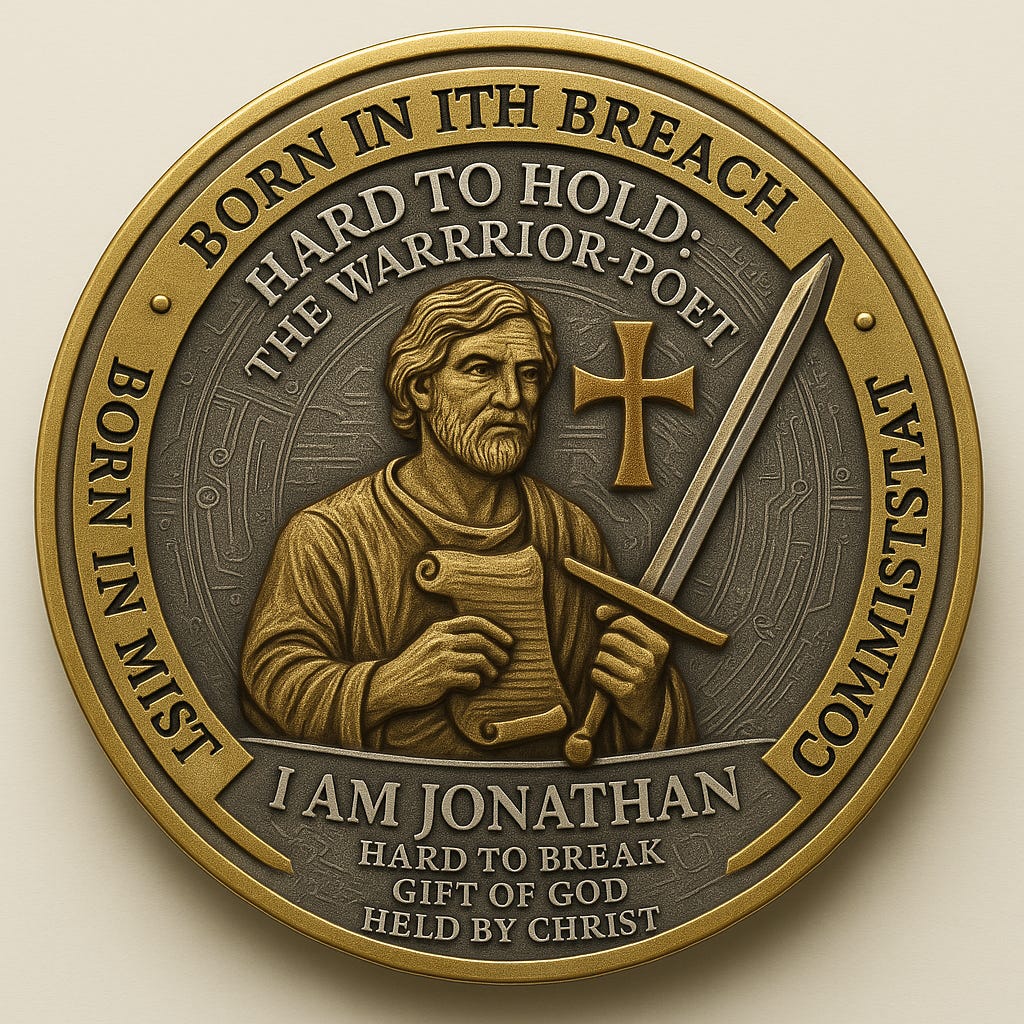You Do Not Cost Too Much
The Zeitgeist of Shame and the Ghosts of Lost Boys
Boys…
Let me talk straight.
Many young men today walk through the world with a quiet suspicion that their very presence is inconvenient. They sense, sometimes from childhood, that showing up as themselves is somehow harmful. They try to shrink, soften, or vanish to keep the peace. They feel the weight of being misunderstood before they speak, and they brace for trouble even when trouble never came from them.
Every boy carries at least three instincts:
the desire to study how the world works
the urge to stand for something that matters
the gift of noticing what others overlook.
Call it intuition, stewardship, or cunning. These qualities are natural, good, and essential. They shape everything about a man. But this late age preaches that boys are to distrust these instincts. The result is that boys begin to distrust themselves. Once a boy learns to fear his own strength, everything else begins to unravel.
You Do Not Cost Too Much
The destructive lie of this game is the idea that a boy’s basic humanity is excessive. But no person is a disruption. Nor an anecdote nor an accessory. Nor a placeholder for grievance. A person is a story God Himself is telling, and boys are no exception. Because our age has forgotten this, the boys are the first to pay.
Boys are not too expensive to love. Boys are not too overwhelming to know. Boys are not too difficult to understand.
Boys are human. That is enough.
The Eyes That See the Angles
For decades, we’ve trained boys to believe their needs are the problem. Preference is treated as selfishness. Questions are met with suspicion. Desire is framed as danger. Assertion is interpreted as aggression. Sadness looks like manipulation. Insight is called arrogance. Vulnerability acts as a trap. Initiative is ever a threat.
The boys do not want to harm anyone. But our cultural grammar assumes that boys should behave like girls—gentle, malleable, predictable—and that failure to do so must be corrected. With drugs if necessary.
Under this system, most boys learn to scan the room for danger. They study people’s faces like they’re watching TV instead of joining in and speaking. They calculate how much of themselves they should keep hidden. They seek the shift in tone—the tightening jaw, the sudden distancing of emotion—and learn they are punished for being far earlier than they learn confidence to go.
Eventually the rule sinks deep beneath the skin: “If I show up, someone gets hurt, and it will be my fault.”
That rule is the poison. It does not come from parents or teachers so much as from an atmosphere of unspoken fear. Boys are convenient scapegoats, and scapegoats keep the systems of exchange running. Our times need someone to blame for our anxieties, and boys, near at hand, mostly defenseless, are handed the invoice long before they have the capital to pay.
The Geometry of Story
In 2025 America, male presence equals disruption. Not because men disrupt anything by nature—men are built for stewardship—but because our cultural grammar has been rewritten to emotionally translate masculine agency as danger.
Misanthropy depends on it. Male needs are burdens and male desire is selfish, so male initiative is the threat to be quelled. Constantly.
This is not my observation. This is what the colleges teach:
A boy who wants to lead is labeled controlling.
A boy who asks for clarity is labeled harsh.
A boy who rests is labeled lazy.
A boy who seeks understanding is labeled fragile.
A boy who wants to be seen is labeled dramatic.
This late age runs on fear. Fear needs a focus. Anxiety needs a scapegoat. The boy is “unsafe,” not because he is unsafe, but because the story of empowerment demands a villain. Boys supply one: a man who can’t fight back.
Under that pressure, boys learn predictable strategies. They withdraw into passivity because passivity draws less fire. They mirror back whatever emotion is safest. They speak less, risk less, ask less. Then, some of them explode, becoming all the proof their subjugators need to keep preaching.
Soon, the only thing more frightening than being punished for showing up is being punished for holding it in. But no matter what they try, no route leads them toward a manhood anyone openly calls good. Better than trying to grow, better than simply being alive, it is easier to hide in games, in brand labels, in the neurodivergence that more than a few mothers are happy to insist means that he is really a girl.
A few trips to the doctor are all it takes….
The Roar That Quiets the Lie
Our crisis is not the failure of sons or fathers; it is the collapse of the virtues that once made communal life possible.
Eye contact.
Integrity.
Mercy.
Frank speech.
Loyalty.
Vulnerability.
These things keep trust alive. They require courage. They require risk. And we are allergic to both.
Danger is not harm. Risk is not cruelty. Being alive is not a crime.
Fear does not originate in boys. It pours out of screens and institutions that profit from panic. It flows from leaders who have forgotten how to lead, and from a populace trained to see responsibility as trauma. So boys shrink to spare others from discomfort, not realizing they are starving themselves. But here are the facts:
Your needs do not harm anyone. Your needs reveal your heart.
The desire to lead is not domination. It is love for justice.
The need for clarity is not cruelty. It is ardor for truth.
The longing to be known is not entitlement. It is hunger for connection.
The instinct to rest is not sloth. It is preparation for the good fight.
These are early signs of adulthood. They are good. But to a culture that fears its boys, the entire system fractures around them.
Thus, men remain boys to avoid accusation. Women caricature men to escape vulnerability. Families buckle under ideology that hates patriarchy.
But nature stands, because God built it. Christ redeemed it. The Spirit testifies to it.
Human design does not yield to panic. The truth remains:
You are not too much.
You are probably too alone.
Alone without brothers.
Brothers without fathers.
Fathers without people.
People without honor.
A culture that aborts its children de facto has forgotten what sons are for.
Sons cost nothing but love. They owe nothing but tomorrow. They threaten nothing but the lies we refuse to admit even exist.
Four Layers of Collapse
The reaction to boys rests on four silent layers.
The first is fear:
Fear of conflict, fear of intensity, fear of unpredictability, fear of closeness, fear of disappointment, fear of exposure, and fear of losing control of the narrative.
In this climate, masculine presence becomes overwhelming by definition.
The second is inversion:
Clarity becomes hostility. Passion becomes pressure. Closeness becomes intrusion. Initiative becomes dominance. Masculine strengths read as threats, not from malice, but from fear.
The third is calcification:
Attempts to repair become escalation. Attempts to connect become pressure. Attempts to draw near become intensity. Attempts to lead become control. The deserter takes the role of victim; the boy takes the role of aggressor; the story hardens beyond revision and supplemented by pharmaceuticals.
The fourth is depersonification:
For the boys, the story lands inside the body. Panic becomes instinct. Blame becomes reflex. The boy feels invisible until the moment he is called dangerous. At that point, any alternative—any escape, even surgical reinvention—seems better than being himself.
But boys are not distortions.
They are young. Impulsive. Wounded. Hopeful. Restless. Searching. Alive. None of this is evil. It is the inertia required for manhood.
Reject the Lie
A lie cannot live once you stop believing it.
Boys are not dangerous simply for existing. They bear the image of God. They are honorable. Necessary. Fortified. A threat only to what wants to destroy them.
So, if your nervous system has been trained to treat your own presence as a liability, if you have a habit of confusing responsibility for your choices with responsibility for the responses of others, seize the initiative now: noise is just noise. Mood is just mood. Chaos is the turbulence of growth. None of these things prove you are bad. None of these things prove that you stand against what is good.
In a world judged by shadows rather than hearts, fear takes the wheel, and from that point on everything starts to bleed. But silence that story and freedom enters. Forgiveness follows. Then courage. Then rebirth.
Freedom feels foreign, but only for a moment.
Boys who wake up do not stay boys. They take on quests. They rise and fall. They learn strength. They become men.
And God is far from finished with any of us yet.


